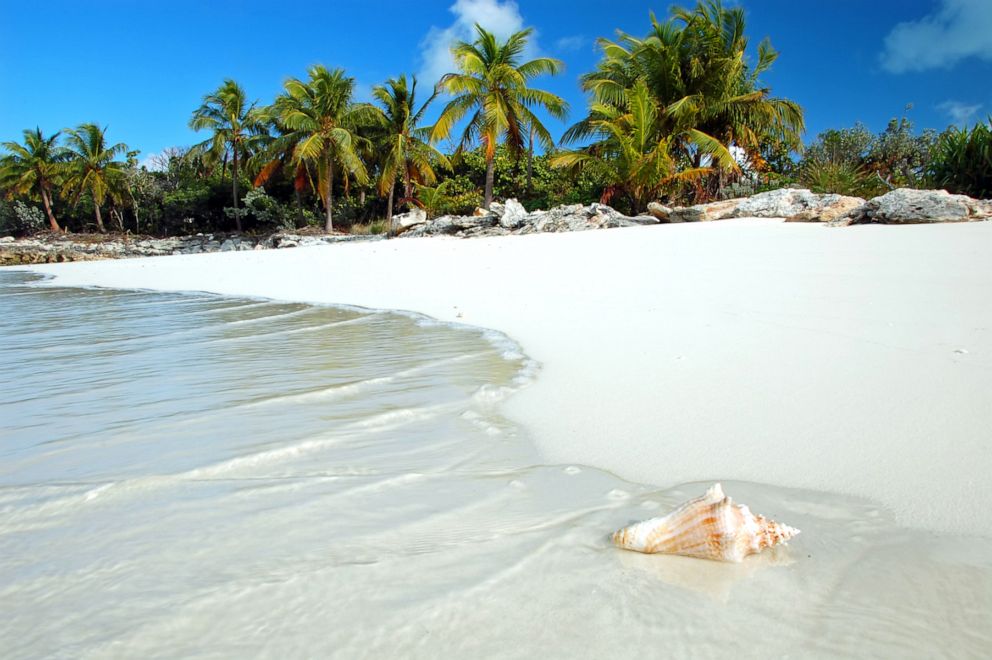Cruise ship quarantined in St. Lucia as health officials investigate possible measles case
The island's chief medical officer said two sources had confirmed the diagnosis.
The chief medical officer on the island of St. Lucia has confirmed that the Ministry of Health is investigating a possible case of measles aboard a cruise ship currently docked in one of its ports.
Dr. Merlene Fredericks James said in a YouTube video on Tuesday that the cruise ship was being quarantined because of fears that others on the ship may be infected.
James said that her department had learned early Tuesday morning from "two reputable sources" that there had been a case of measles on board a cruise ship that had visited St. Lucia.

"As per the Quarantine Act, our authority under the Quarantine Act, the Public Health Act, and after internal discussions as well as discussions with external health agencies such as the Pan-American Health Organization, we thought it prudent that we quarantine the ship...The crew and passengers aboard were not allowed to leave," she said.
James did not name the cruise line or the boat, and did not say where it came from.
"Measles, we know, is a highly infectious disease...So because of the risk of potential infection, not just from the confirmed measles case but from other persons who may be on the boat at the time, we thought it prudent to make a decision not to allow anyone to disembark," she said. "The Ministry of Health continues to work with all authorities."
In her YouTube announcement, James referred to the current measles outbreaks in the U.S., and advised residents traveling to the U.S. and other parts of the world that they ensure they and their children are adequately vaccinated against the disease.
On Monday, the U.S. Centers for Disease Control and Prevention reported that there had been 704 cases of measles reported nationally so far this year.
Preliminary global data showed that reported cases of measles have been up nearly 300% in the first three months of 2019 compared to the same time frame in 2018, according to the World Health Organization.
ABC News' Meghan Keneally contributed to the reporting in this story.




